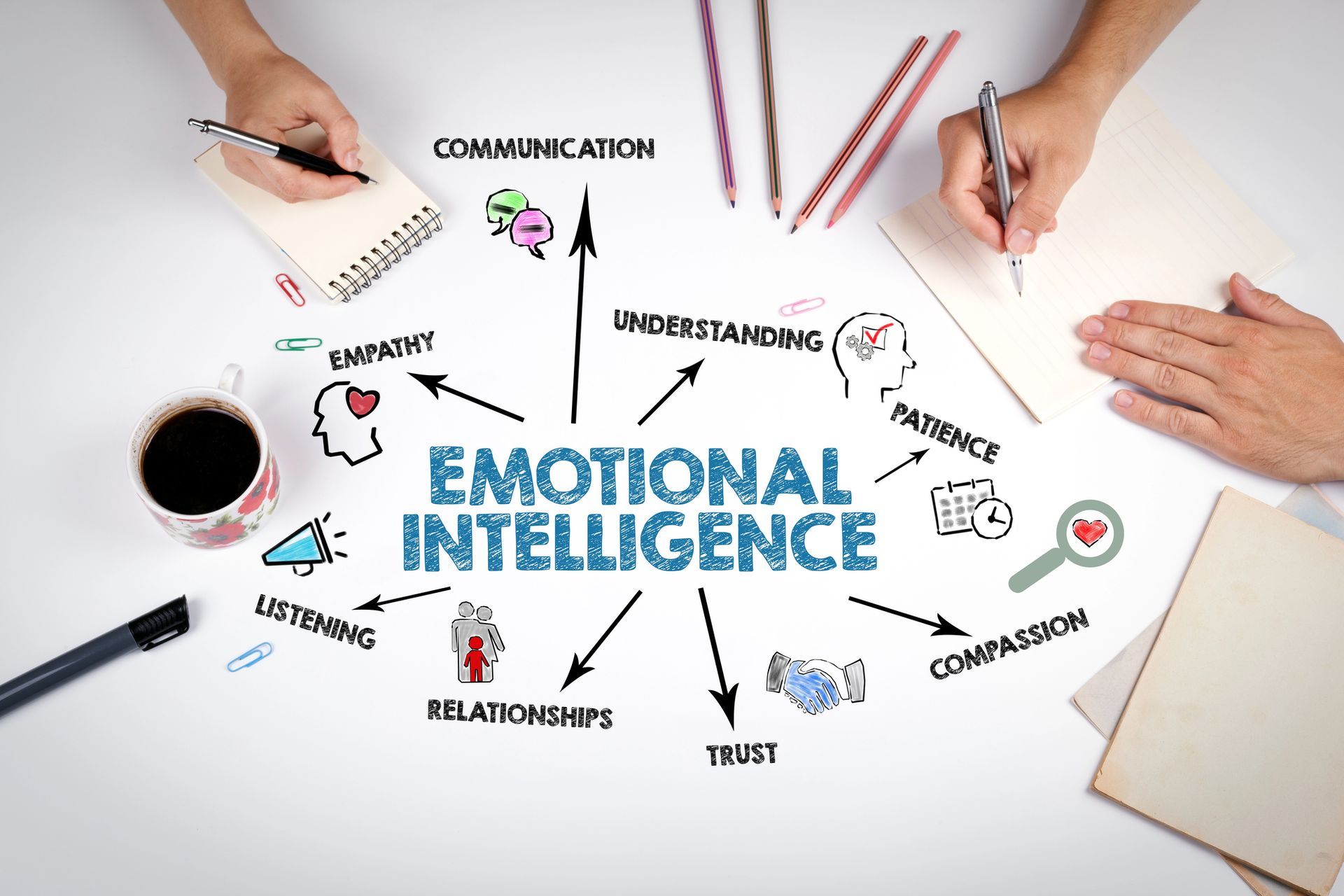How to Support A Partner Struggling With Mental Health Issues
Mental illness isn’t rare. One in five Canadians is experiencing a mental illness or addiction problem right now. One of the first relationships affected by mental illness is the one between romantic partners.
Supporting someone who is struggling with their mental health is tough for any number of reasons—especially when it’s your partner. Couples face issues like internalized stigma, feelings of inadequacy, frustration, intimacy problems, and more—all of which are straining.
The good news is that, with the right guidance, enjoying a healthy and compassionate long-term relationship with someone who has a mental illness is more than possible.
How do you empower your partner without enabling unhealthy behaviours? Here are my recommendations for how to support your partner where it counts.
1. Learn About the Condition Together
Symptoms of mental illness can be off-putting, confusing, and easy to misinterpret. But mental illness is not a character flaw—treating it like one is incredibly damaging.
The absolute best plan of action is to educate yourself. Make sure the information you’re following is reliable. Find resources from organizations such as the Centre for Addiction and Mental Health (CAMH) and the Canadian Mental Health Association (CMHA).
Taking the time to learn about your partner’s condition prevents you from filling any blanks you may have with misinformation while showing them that you care.
2. Communicate With Compassion
Mental illnesses have been termed “invisible illnesses” for a reason. Some people hold back on necessary conversations out of embarrassment, fear of being judged, or not wanting to be treated differently.
But mental health isn’t something that can be swept under the rug. Over time, misunderstandings and resentment breed toxicity. If your relationship is already suffering, try and find the courage to communicate openly with your partner.
Listening with empathy is the first step to understanding what triggers your partner, when to give them space, and when to be more attentive.
3. Practice Self-Care
Remember to treat yourself with the same compassion that you treat your partner. Your partner’s mental illness may have a negative impact on yours—make sure to reach out for help whenever you need it.
What does being kind to yourself mean? You can’t go wrong by sticking to the basics: eat well, get enough sleep, exercise regularly, and engage in activities that nurture and fulfill you.
Making changes to your lifestyle can be a team effort. Take small steps and remember to encourage rather than pressure your partner.
4. Seek Professional Couple’s Counselling
Couples counselling can be a great outlet for you and your partner to process your feelings in a guided environment. A mental health professional is a fantastic resource that can help you gain perspective, establish boundaries, and untangle unhealthy dynamics.
Are you feeling overwhelmed by your partner’s struggle with mental health issues? The Love of Attraction couple’s counseling sessions with registered psychotherapist Kathleen Maiman can help ease the strains in your relationship.
Find out more about the couples therapy and counselling services offered by clicking here. Feel free to contact me directly if you have any questions.
Register for our Newsletter and receive a Free Love Chat Package
- The 5 Steps to a Better Relationship
- Ongoing Monthly Relationship Tips
- If you want more love in your life, our relationship Love Chat Package is an easy cost-free first step.


















